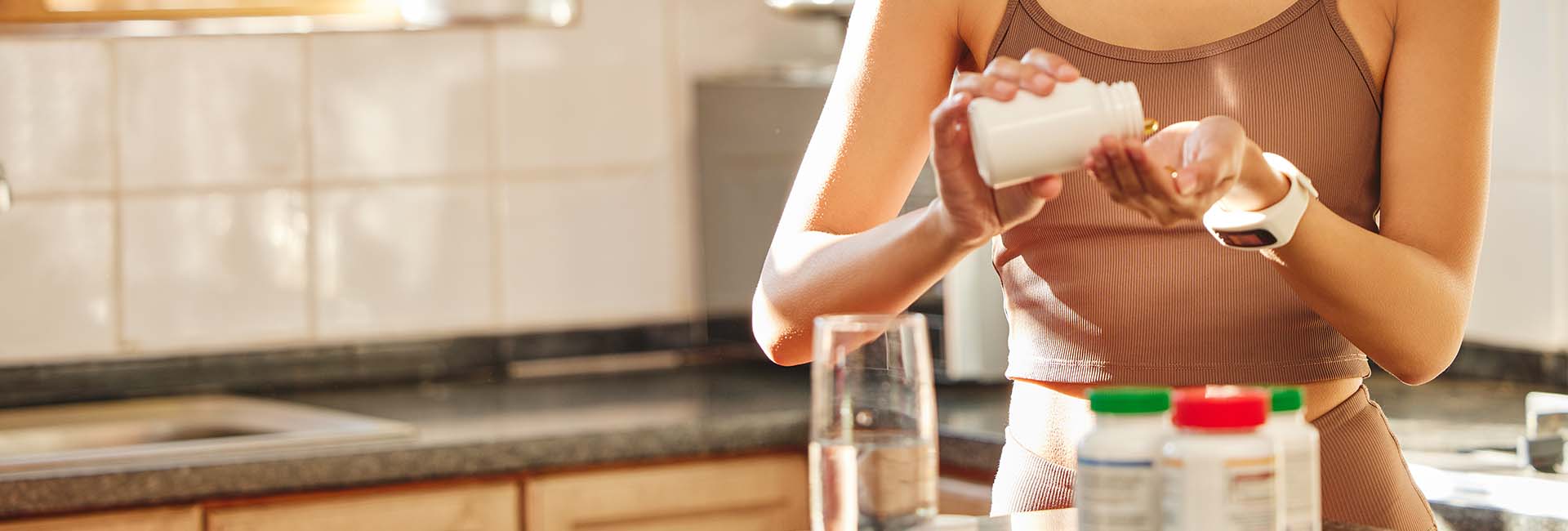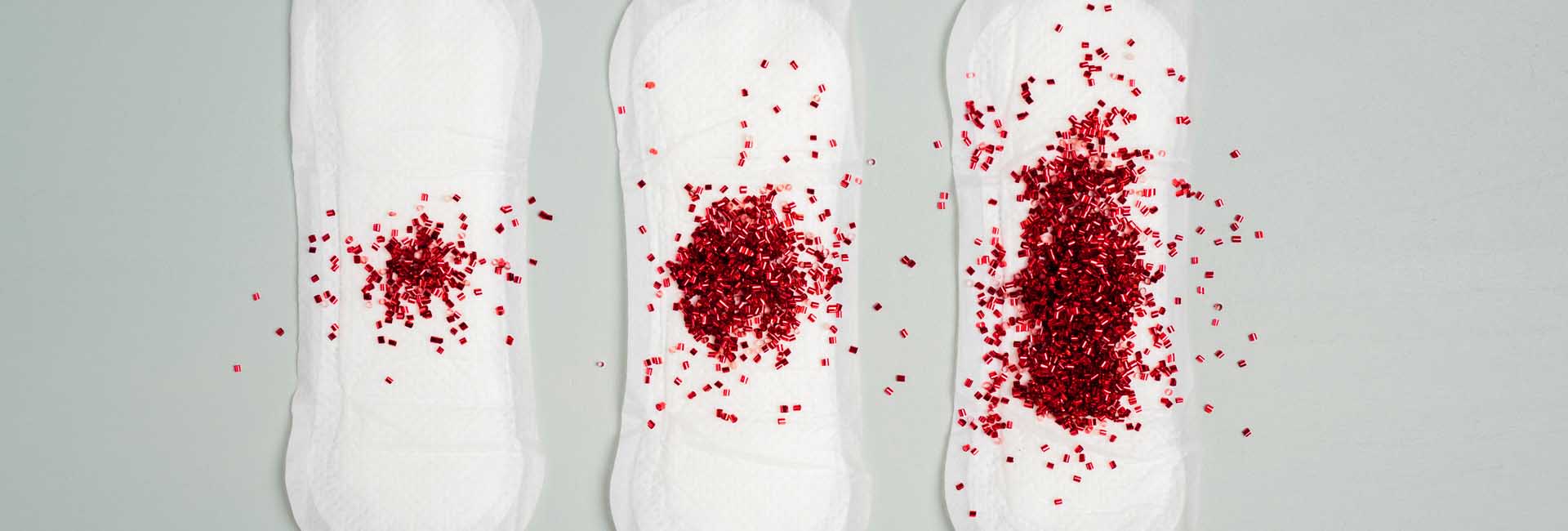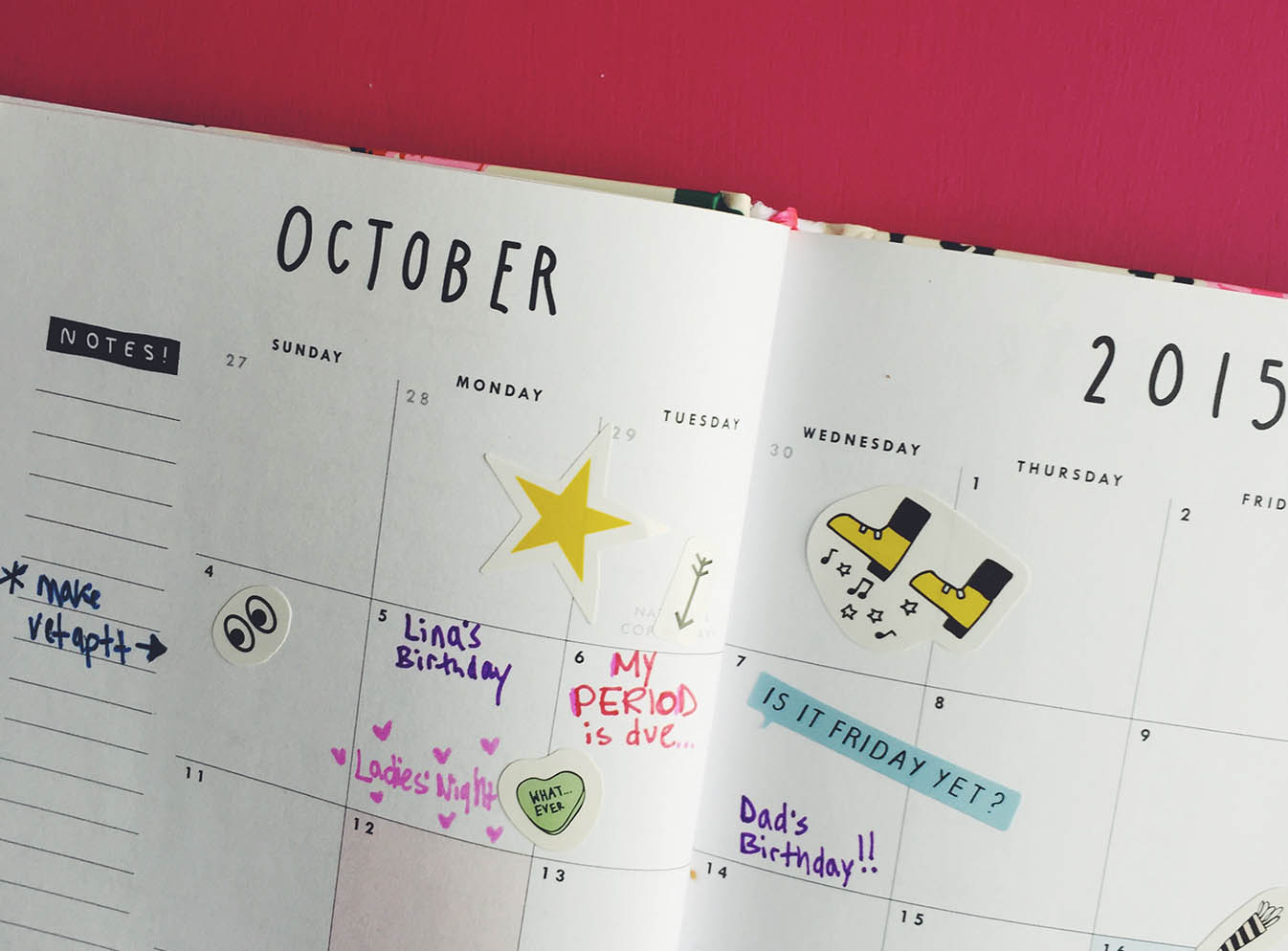How to Induce or Shorten Your Period
How to Induce or Shorten Your Period
Trying to get your period sooner? Your wish is our command...sort of! We’d love to help and we’re here to provide you with as many resources as we can to help you safely manage your period. All the disclaimers: we’re menstruators like you so we understand why you’re interested! That being said, our favourite tips and tricks are not scientifically proven or medically based. We know how important it is to get medical advice if something feels seriously off and we encourage you to do so if that's the case! If you’re trying to induce your period because it’s more than three months late 1 , or you think you might be pregnant, please know those are concerns that you should bring to your doctor. It’s also important to know that you can’t induce menarche (i.e. your first period) and that’s honestly for the best! Your incredible body will know when it’s ready for that particular experience so please trust it. Your period is a part of your body’s natural cycle and there are no guaranteed methods so kick back and let your body do its thing!
Looking to kick-start your cycle?
First things first- do you know when to expect your next cycle? Our period calculator can assist you with that. Once you know what you’re working with in terms of dates we can get started with our best advice, beginning with taking a deep breath and trying to relax. Yes, we know it’s a cliché but stress can do a number on your cycle so keep that in mind as you anticipate your upcoming cycle.
What triggers the start of a period?
We thought you might want to know and we were also curious so we wrote an article on that detailing all there is to know about the menstrual cycle, but here’s a quick refresher: hormones, your body’s chemical messengers, rise and fall over the course of each month to prepare your body for a potential pregnancy. In the absence of a fertilized egg being implanted in the uterine lining, those same hormones, particularly estrogen and progesterone, will trigger the process of shedding that lining so the cycle can begin again.
Are there ways to induce your period?
You can normally expect your period approximately two weeks after ovulation. If you’re already on hormonal birth control, you may be aware that switching to your placebo pills early (with your doctor’s go ahead) can induce an earlier cycle. There are also forms of birth control that will eliminate bleeding, including implants and IUDs, which again are best discussed with a medical professional.
Looking to kick start your period without a lifestyle adjustment? Let’s try food and supplements! It might surprise you to know there are several natural options, including a few you might already have in your kitchen.
Is it possible to shorten your period?
Generally, a period lasting between two and seven days is considered regular. If you are bleeding for more than seven days, it’s a good idea to consult your doctor. On the other hand, maybe you have a big event coming up and it would be convenient if you could end it one day early.
Can you stop a period once it starts?
The short answer here is no. Once it’s begun, your body really does need to complete the process in order to keep you healthy. As much as we can try to speed it up or control the timing, your body is doing what it needs to do. Maintaining a healthy weight, eating a healthy diet, staying hydrated, managing your stress and exercising regularly are all essential to your period wellbeing. Please know that you shouldn’t be in extreme pain or discomfort during menstruation and if that’s your experience don’t be shy about bringing your concerns to a doctor.
We know how frustrating it can be to have big plans interrupted by your period and we hope this helps. If you are at all concerned with the timing between your periods or overall length, consult your healthcare practitioner.
Remember, period or not, you can!




